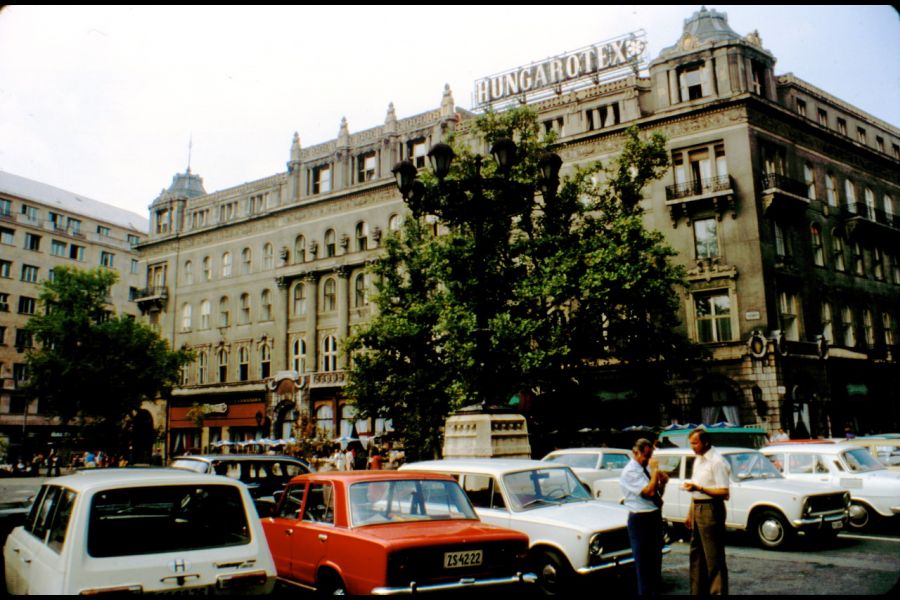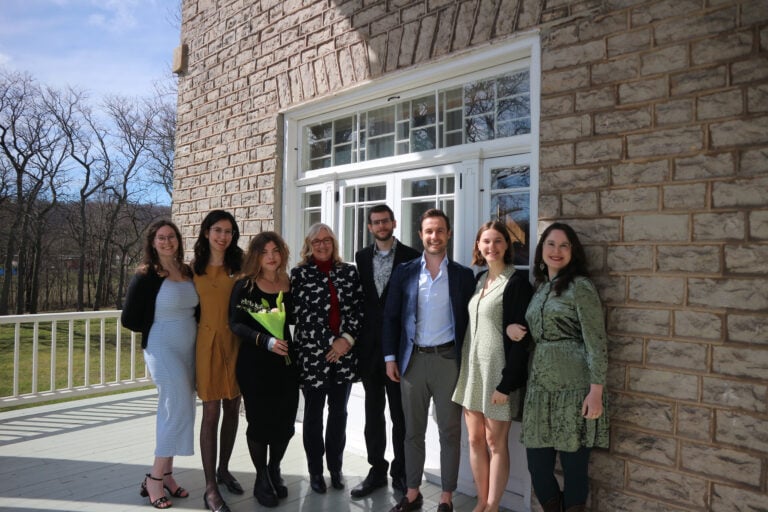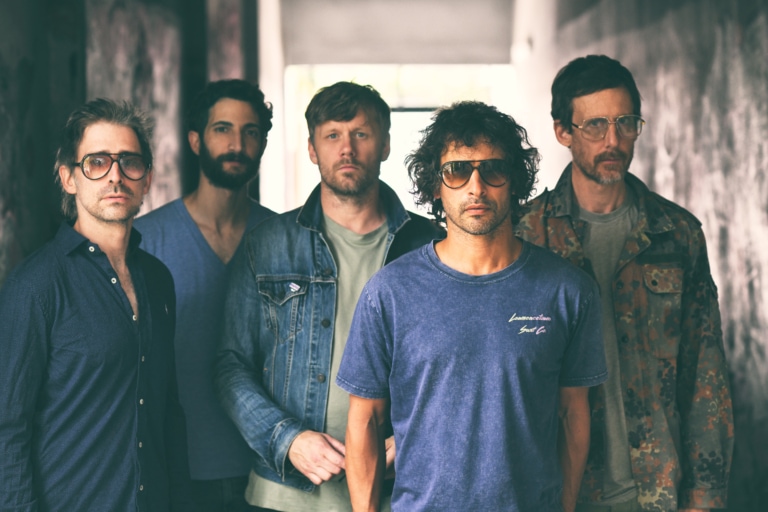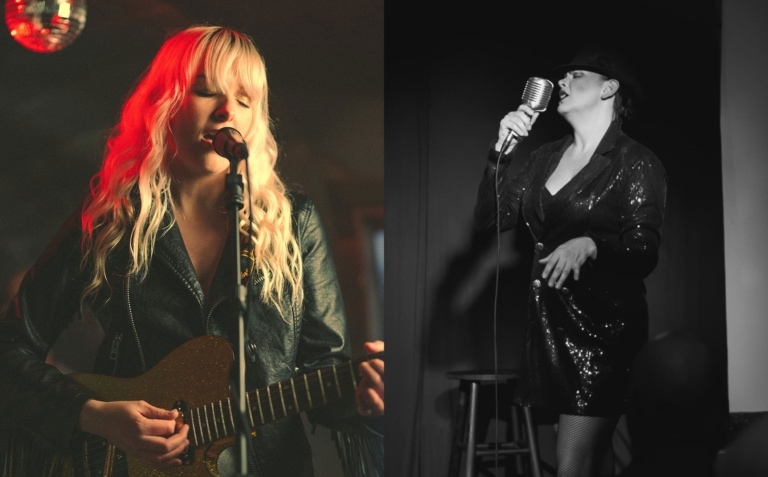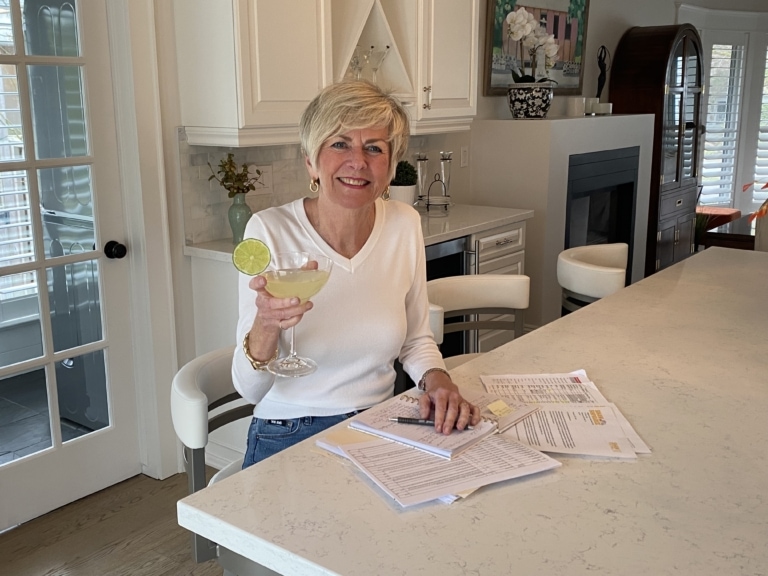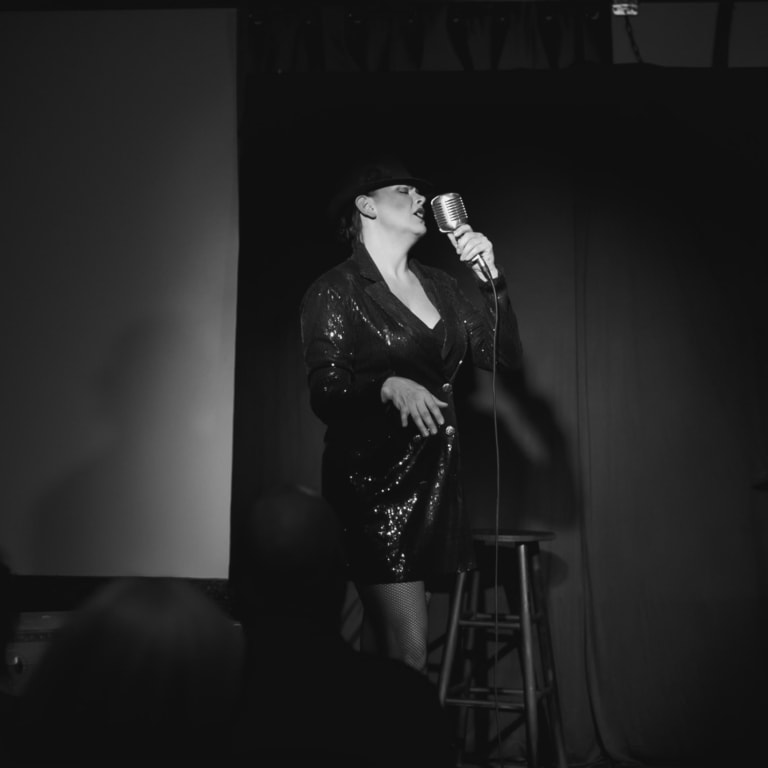People from Niagara-on-the-Lake travel to some of the most interesting places on Earth and we’d like to hear about your vacations.
So, if you have ever wanted to be a travel writer, here is your chance. Send us a travelogue story about your vacation, along with some photos.
It’s impossible to include everything, but stories ideally should be 250 to 600 words and focus on a unique, quirky or particularly interesting aspect of your trip. It can be about a vacation you have just taken, one you’re on now (lucky you!), or a holiday you took a few years ago.
Sometimes, just a picture is worth a thousand words. So, if you aren’t able to write a story about your trip, send us two or three snapshots from your holiday and we will try to publish some of them.
In all cases, smartphone photos are perfectly acceptable. Just make sure each digital image you send us is around 1 to 2 MB in size. Include destination information and the names (from left) of everyone in each photo. And tell us who took the photo, if possible.
As a bonus, bring along a copy of The Lake Report and include it in your photo!
Send your stories and photos to editor@niagaranow.com and be sure to write TRAVEL in the subject line.
Happy trails.
Mickey and Don Cameron
Special to The Lake Report
No sooner had I met my Hungarian cousin, also named Mickey, in Kapuvar, the small town in the northwest where our families have lived for centuries, than he asked me, “Would you like to change some dollars on the black market?”
I would and I did. It seemed like a good idea at the time.
Hungary in 1979 was still under the Soviet yoke, with strict regulation of the currency, the forint. Every official transaction was accompanied by a detailed chit that was to be retained, along with all receipts for spending, and made available when the visitor left the country. The exchange rate was abysmal.
Forints were not to be taken out of Hungary, making it not such a good idea for Don and me to be trying to drive through Yugoslavia for a few days in Italy while carrying a large sum of unaccounted-for cash.
As the first member of my family to be born in Canada I spoke only Hungarian until I started school. It was pre-communist Hungarian which, I was told by a student friend, contained words that were not allowed. When the communists took over, they “cleansed” the language of any class or social distinctions. In the Budapest museum I chatted with an old security guard who said, “Oh, please keep talking. It’s so nice to hear that language again.”
We had been in Hungary for about 10 days, spending five basking in the spa of the Art Nouveau-style Gellért Hotel and Medicinal Baths. Every morning we donned our dressing gowns and waltzed through the marble and tiled corridors to sit under a lion’s head pouring thermal water.
The present building dates from 1918 but as early as the 13th century it was the site of a hospital. Patients were bathed in the spouting spring waters. Later, the Turks built bathing establishments. On the roof is an outdoor pool with the original wave-generating device installed in 1927.
Not to be missed was the Vörösmarty Café on Vörösmarty Square, now known by its original name of Gerbeaud. More than 150 years old, it is described on a current website as “rather touristy, crowded and slightly overpriced but worth a visit.”
During the communist era the state took over ownership and renamed it. Some of its old grandeur also was lost. Today it has regained its lustre, with fine wood panelling, crystal chandeliers, lavish brocade wall covers, and marble tables. The lengthy display case that spans most of one wall offers a dizzying array of pastries and cakes — even, if you must, carrot cake.
Before heading for the Yugoslav border we spent a night at Lake Balaton, the largest in central Europe. The northern shore has been noted for its wine production since Roman times, the southern shore is lined with resort towns.
We were keen to sample fogas (pronounced foe-gatch), a fish related to the salmon family but a species found only in Lake Balaton. The whole fish is placed in a U-shaped cage and deep fried. It arrives at the table in that shape, upright, the head and tail standing tall.
But now we sat in our rented car at an unauthorized border crossing with gates closed front and back where a soldier in front and another behind pointed rifles at us. Our maps had somehow directed us to a military road. At a crossroads as we approached the border we passed two soldiers, one on the phone, and a large guard dog. At least we had a comfortable car.
Our travel agent in Toronto had arranged for a Russian Lada but when we picked it up in Budapest we learned we hadn’t paid enough and had to make up the difference. They just happened to take dollars.
Our plan was to drive through Yugoslavia to spend a few days in Italy. That called for an official permit, obtainable from a garage in Budapest. Eying the clunky Lada, the garage owner said, “You can’t take a car like that out of Hungary,” and upgraded us to a sleek Opel Ascona.
“I’m not paying any more,” I told him, which he reluctantly accepted. Nevertheless, he arranged for us to stay at a friend’s B&B on our final night before flying home.
At the border two guards emerged from their kiosk, examined our papers and told us to get out of the car and open the trunk. After they emptied it and did a thorough search we were allowed back in. Next they asked for our receipts and any unused forints, which Don handed over to be reimbursed when we returned.
A guard then turned to me: “Do you have any money?”
“Oh, no,” I said, “I let my husband handle all our money.” In the old Hungarian I was using “husband” which also translates as “lord.”
The guard turned to his colleague: “Look at that. She lives in Canada but she still respects her husband.” With that, the guns were put down, the gates opened and we were through.
Of course, I did have money but it wasn’t accessible. The night before, in the Hotel Claudius in Szombathely, so called because the town was founded by the Emperor Claudius, we had taken precautions. As a dressmaker I made most of my clothes, among them a denim skirt with a wide waistband. With my travel sewing kit I cut open the waistband. We inserted the folded currency and I sewed it up again.
Back at work in Toronto I recounted my adventure to friends. It reached the ears of a manager who was organizing a group to launch a new project. He asked to see me. “When I heard what you did in Hungary I thought ‘That’s somebody I want on my team.’ ” Overnight I went from being a temp to a permanent employee.
Never underestimate the benefits of travel.



